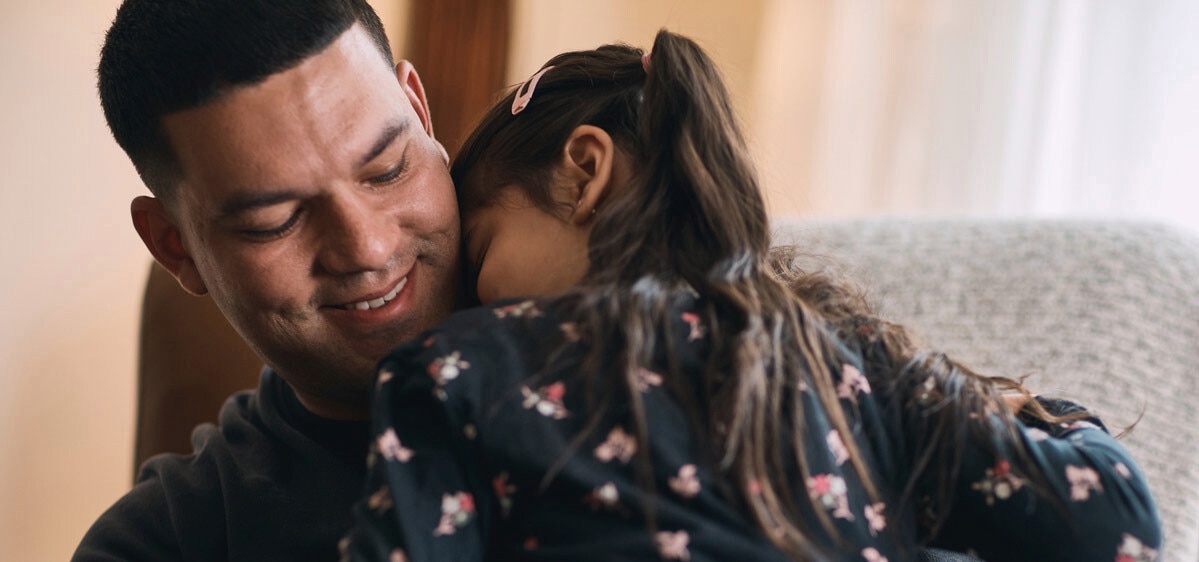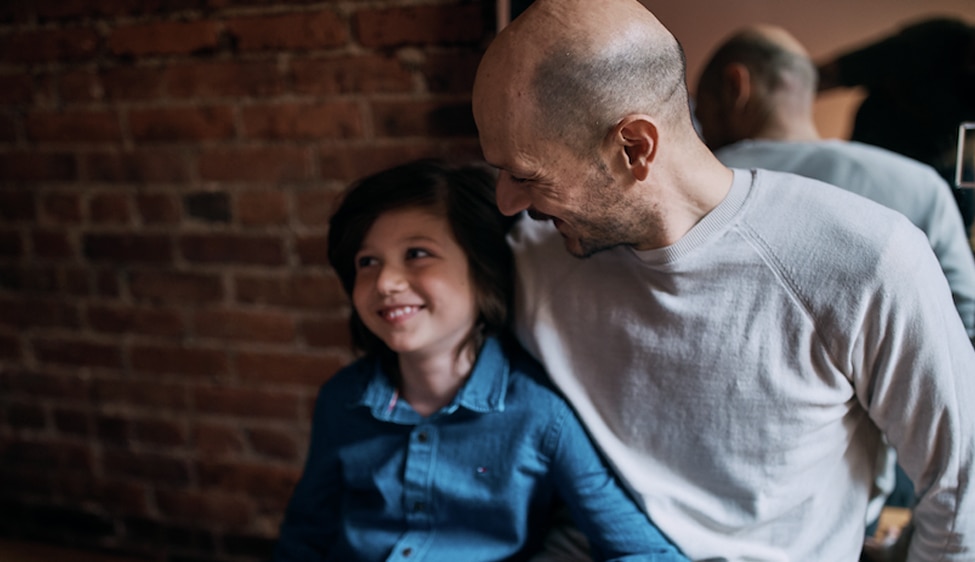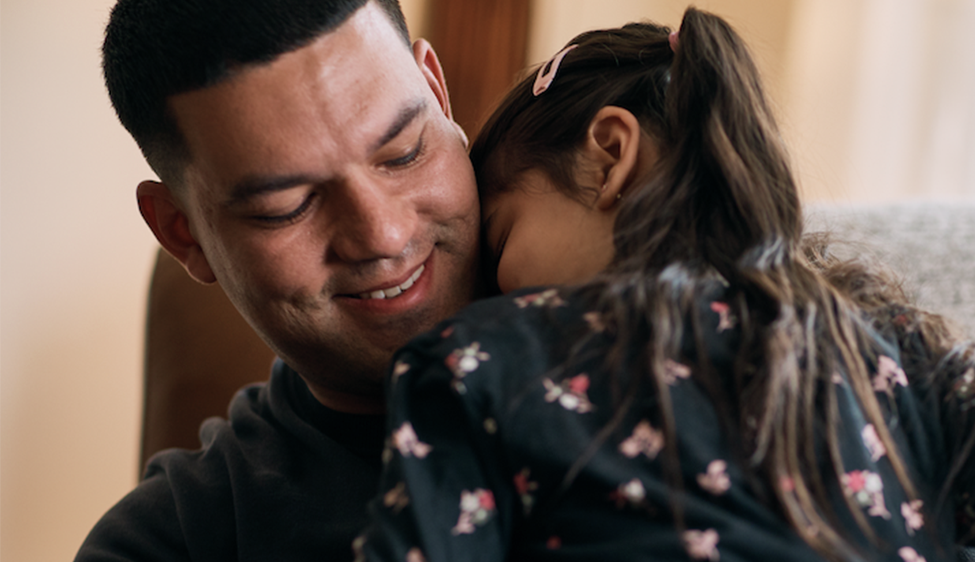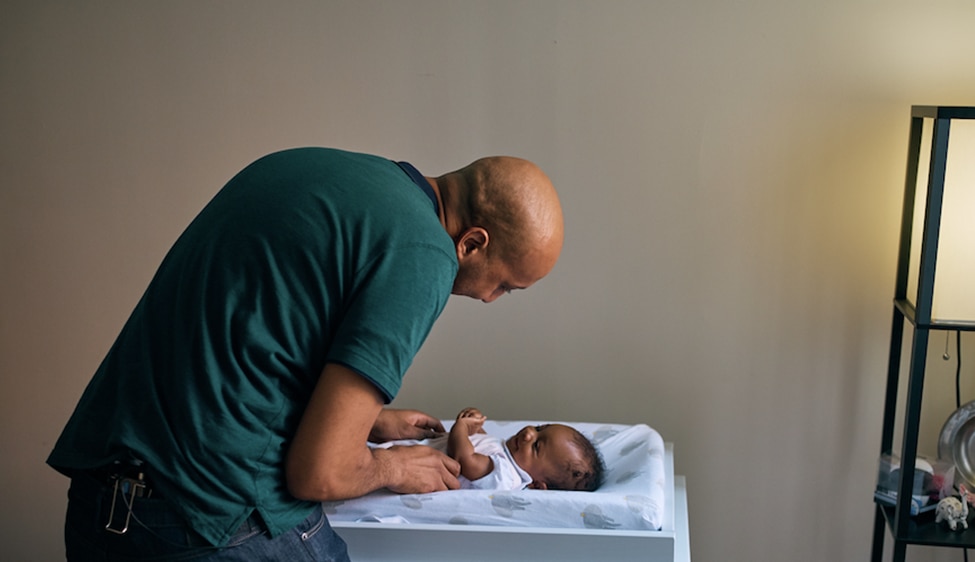Things are changing, but there’s still a long way to go. Restrictive masculine stereotypes and cultural pressures are still holding guys back, which can lead to low uptake in paternity leave. While many men becoming a dad for the first time today are seizing the opportunity to care for their newborn, others aren’t so lucky. But being there for those you care about has a huge impact on a man’s life. That’s why Dove Men+Care is supporting positive changes in paternity leave policies – as part of comprehensive paid family leave policies for all parents and caregivers – and encouraging dads to take the leave that’s offered to them.
The good news is that although stereotypes are still holding some guys back from embracing paternity leave, attitudes to fatherhood and paternity leave have definitely changed from one generation to the next. To find out just how much, we asked some dads for stories of their own fathers, and any parenting advice they picked up from them.
“Compared to my fathers’ day, we have a different work environment, with more equality for males and females. It's great to see and be part of this wave of change, and I couldn't promote this way of thinking enough. My dad was – and is – someone I look up to so much. If I can be half the dad he is, I’ll consider that a success.”
Paul, dad to a 21-month-old son
“I’m very lucky compared to my dad – I have a very flexible working life so I don’t have to worry and if I want to spend time with my kids, I can just take a day or two off.”
Andy, father of three
“My dad was away a lot when I was a kid. In his day, paternity leave didn’t exist. My dad got to meet me four months after I was born – he was in the Merchant Navy and away from home when I arrived. Then he went back to work. I guess his sense of humour is something I appreciated and have tried to emulate – he liked to be the silly, fun one (this might have backfired – I now get no respect at all from my 6-year-old, while she jumps to attention for her mum).”
Johnny, dad of two
“I think when my father became a dad it was just starting to be culturally acceptable for a man to take time off.”
Jason, father of a 5 and 7-year-old
“My father wasn’t around when I was a child, so I make sure I attend as many performances, sporting events, and school meetings as possible. I also offer support with homework, but we always make sure we have at least one day a month for ‘boy-time’, where we chat about work, school, worries and events. It’s really important and has allowed us to share a very special bond.”
Carnell, dad of one
“My parents are quite progressive, and because of our family circumstances when I was a child, my dad was able to take a lot of time off with me. From him, I learned that being a father means being a friend, being supportive and making sure your children have lots of experiences to enjoy and shape their lives.”
Benji, dad of one





